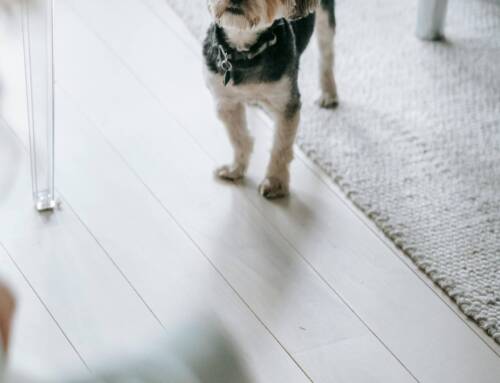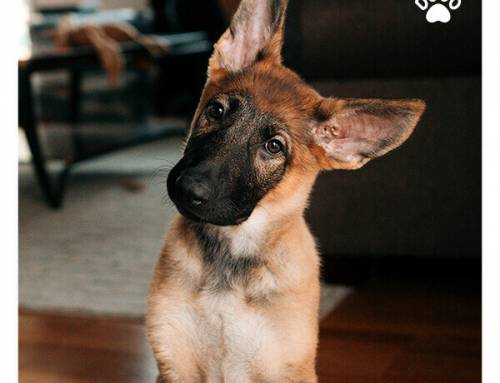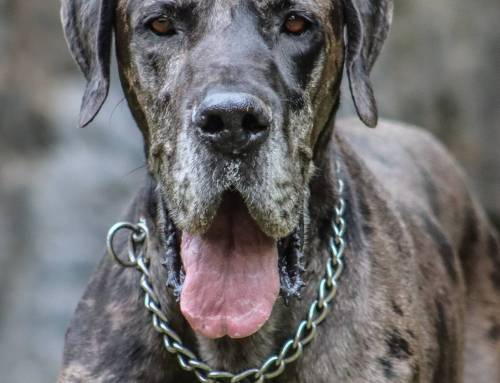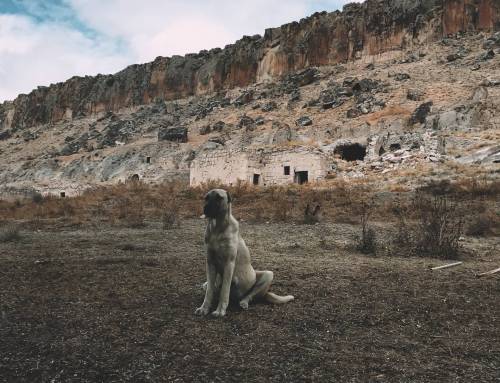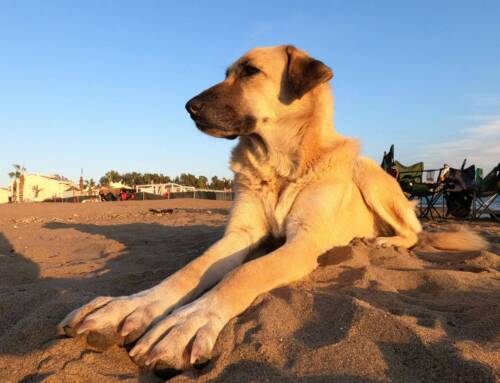
Understanding Puppy Teething
When puppies are young, they, like human babies, go through a teething phase. Much like human infants, puppies experience discomfort as their new teeth come in, and biting provides them relief. Chewing can alleviate the pain and irritation in their gums. It’s essential to recognize that this biting behavior is not out of malice but rather a natural response to the physical discomfort they are feeling.
Exploration and Play
Puppies use their mouths to explore the world around them. Through biting and mouthing objects, they learn about textures, shapes, and even social interactions. When puppies play with their littermates, they use their mouths to engage in playful activities. This behavior continues when they are adopted by human families, and they may try to engage their human companions in the same manner. While this is a normal part of a puppy’s development, it can become problematic if not addressed properly.
Communication and Socialization
In a puppy’s world, biting is a form of communication. Puppies use their mouths to convey their needs, express excitement, or signal discomfort. When interacting with their siblings, they learn about bite inhibition – how to control the force of their bites – a skill that helps them navigate social interactions. When puppies are separated from their littermates, they continue to use biting as a means of communication until they are taught otherwise.
Managing Puppy Biting
Now that we understand why puppies bite so much, the next step is to address this behavior. It’s crucial to teach puppies appropriate mouth manners to prevent future issues as they grow older. One effective way to manage puppy biting is to redirect their attention to appropriate chew toys. By providing plenty of chew toys and rewarding them for chewing on those items, you can help alleviate their teething discomfort while encouraging positive chewing habits.
Another crucial aspect of managing puppy biting is teaching them bite inhibition. This involves teaching puppies to control the force of their bites. When playing with your puppy, if they bite too hard, let out a high-pitched yelp to mimic the sound their littermates would make if bitten too hard. This signals to the puppy that their bite was too strong. If they ease up, reward them with praise and continue playing. Consistency and patience are key when implementing this method.
Socialization and Training
Proper socialization and training are essential in addressing puppy biting. Exposing puppies to various environments, people, and other animals helps them learn appropriate behavior and responses. Training sessions that focus on commands such as “leave it” and “gentle” can be beneficial in managing their biting tendencies. Additionally, enrolling in puppy socialization classes can aid in teaching them appropriate play behavior with other dogs.
Seeking Professional Help
In some cases, puppy biting can become a serious concern, leading to aggression or other behavioral issues as they mature. If you find that your puppy’s biting behavior is escalating or becoming uncontrollable, seeking the guidance of a professional dog trainer or behaviorist is highly recommended. They can provide tailored strategies to address your puppy’s specific needs and help you navigate this challenging phase.
In conclusion, understanding why puppies bite so much is the first step in addressing this common behavior. By recognizing that biting is a natural part of a puppy’s development and addressing it with patience, consistency, and positive reinforcement, you can help your puppy learn appropriate chewing habits and social behaviors. Remember, with proper guidance and training, your playful puppy can grow into a well-behaved adult dog.
Create a Personalized Training Plan for your Dog


